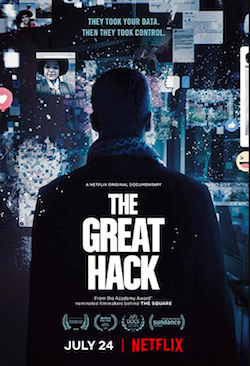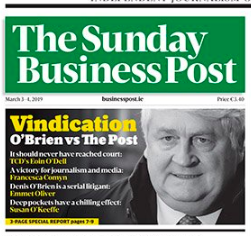The legal effects of some butterfly-effect typos; including mistaken offers, and restitution of mistaken payments
The Book of Kells is one of the great treasures in the Old Library in Trinity College Dublin. It is a manuscript of the Four Gospels in Latin based on the Vulgate of St Jerome. It was written and illuminated in the ninth century, probably in part in a monastery on the island of Iona in Scotland, and in part in a monastery in Kells, Co Meath, Ireland. Though a great medieval treasure, it contains some typographical errors. For example, the Gospel of Luke has an extra ancestor in the genealogy of Jesus (Luke 3:26; pictured left). It seems that the scribe read “qui fuit mathathiae” as “qui fuit mathath | iae” and thus wrote “qui fuit mathath” (the first line in the picture on the left) and “qui fuit iae” (the second line in the picture). Even Homer nods.
I was reminded of this when I recently read an article by Tom Lamont about the effects of electronic typos: an SMS misdirected to a wrong mobile phone number (leading to a marriage!); a satnav directed to Rom (in Germany) rather than Rome (in Italy); a jet from Sydney directed to 15 degrees 19.8 minutes east (and landing in Melbourne) rather than 151 degrees 9.8 minutes east) (bound for Kuala Lumpur).…




